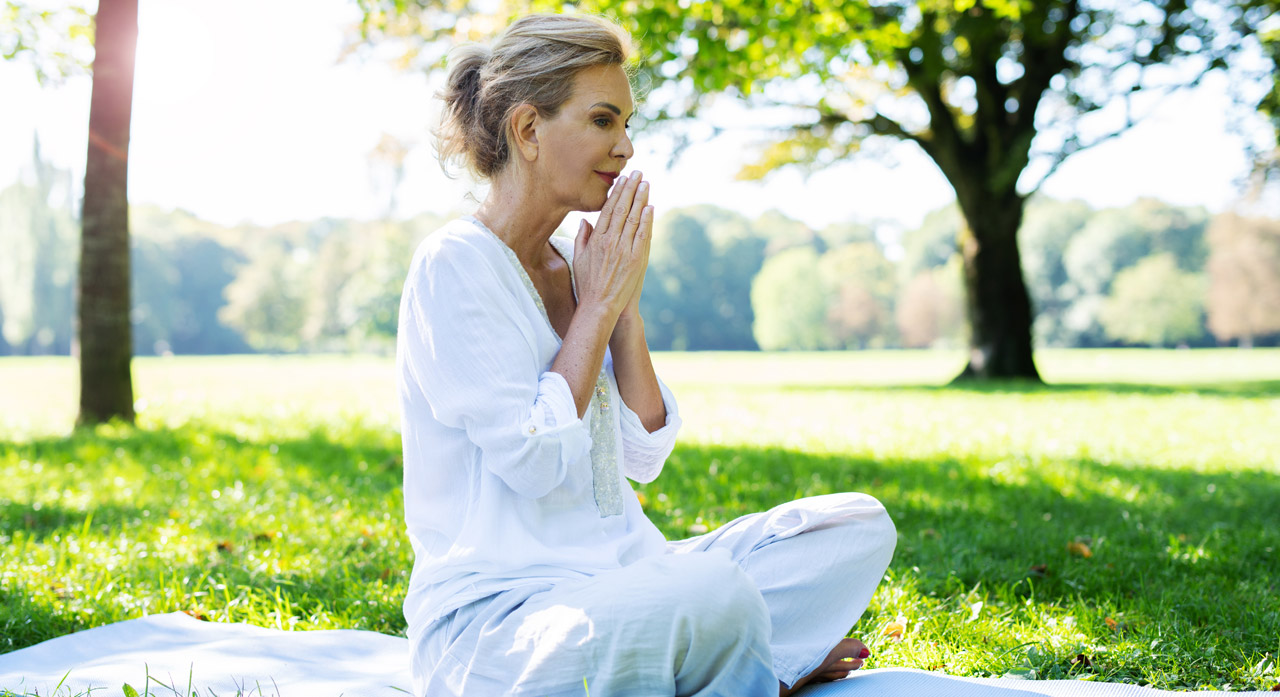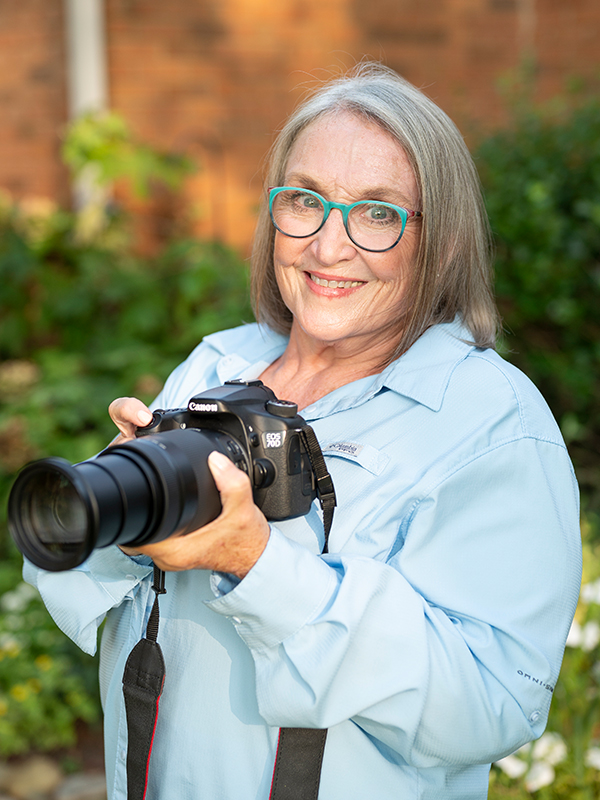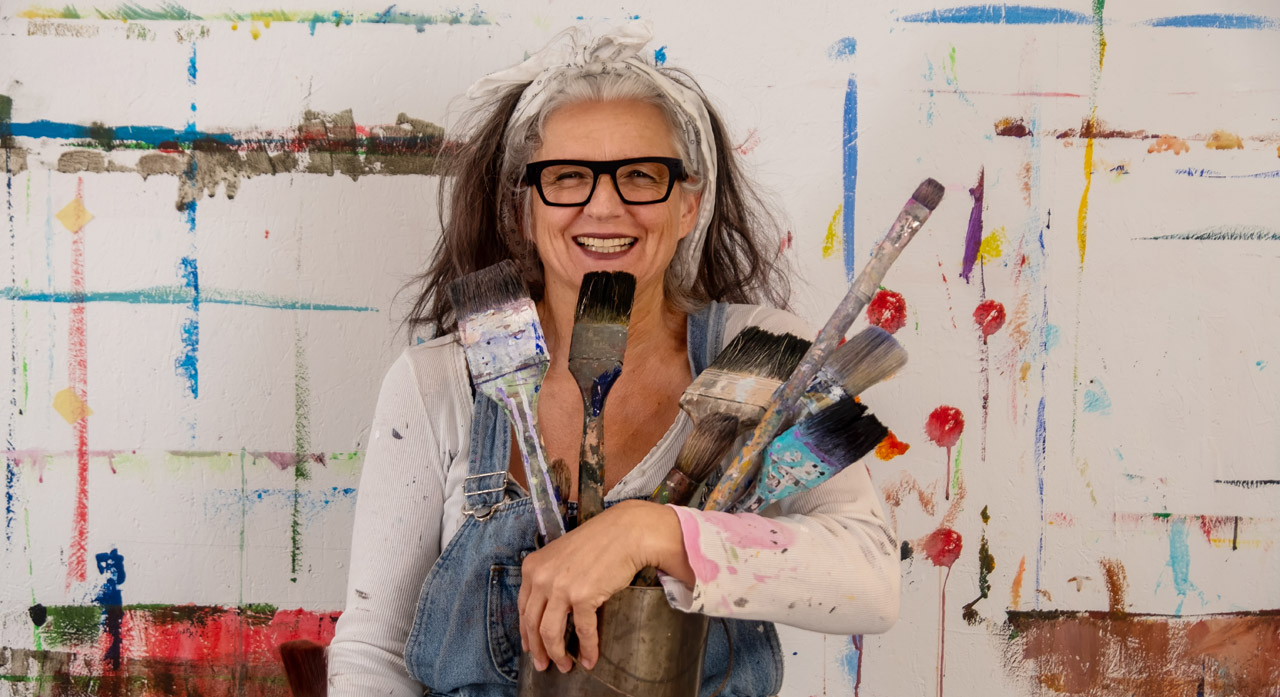Keep Your Brain and Body Engaged with New Hobbies
After the buyout, I was at a crossroads, trying to determine the next chapter of my life.
The challenge wasn’t a lack of interest or ideas; it was quite the opposite. I had so many passions and potential paths to explore that I didn’t know where to begin.
Learning new things has always been important to me. I see a shiny object, and my immediate reaction is to investigate and discover everything. I don’t just read an article; I dive in headfirst, take classes, travel to classes, and buy supplies. I go all in… until I see the next shiny object.

In my early 30s, I committed never letting my mind become lazy. I committed to learning at least four new skills every year. It wasn’t because I was trying to collect all the adult scout badges. It was because I knew (and know) that learning new things would keep segments of my brain active. It wasn’t about knowing more than anyone else or about staying active; it was a proactive step against my family history of dementia and Alzheimer’s.
People often comment on my talent and energy, but the truth is, it’s more about my determination to keep my mind active and engaged.
I tried new things to provide balance in my life beyond my career. I loved what I did for a living, but I knew it would only last for a while, and I needed some interests beyond work.
Finding enjoyment and fun while building and maintaining your career is critical. One day, that career will come to a screeching halt, and you need to have other things in your life. Trust me on this one.
Back to what I was going to do post-buyout. The possibilities seemed endless. I could leverage my experience as a communication consultant, but the thought of coaching another executive made me nauseous. Seriously.
My ongoing master’s in spirituality studies opened the door to counseling, but I wanted to travel freely. My writing, art, and photography skills brought me joy, but I needed to determine my income. My cooking, herbs, and gardening expertise presented other viable paths, but I was so burnt out that I needed help choosing a path. I even toyed with the idea of PR work for a winery, a plan halted by my commitment to sobriety.
Ultimately, I focused on completing my master’s and pursuing travel writing and photography. This path felt right, combining my love for exploration with my academic and creative interests.
Then, as I was making strides in this direction, the COVID-19 pandemic emerged, throwing a wrench into my plans. While waiting for the world to reopen for travel, I focused on building my skills in photography, editing, and planning my travel bucket list.
My hobbies and the things I’ve learned have brought me great joy. I’ve met wonderful people, traveled to places I’d never go, and broadened my thinking about conservation.
Let’s talk about you now.
It would be best to find new passions in your life now. Something other than work. I always ask people what they want to do or be at 16. What was your dream? Do you still have a desire to do it? There is no time like the present. We need diversions while we work, but we need them even more when we retire. We need passions and interests to give us a reason to get out of bed every morning, except for the need to pee! Come on, get up; get your mind and body moving. It’s time to live!
Why do older women need to find new passions in retirement?
- Embracing a passion in your later years is not just a leisurely pursuit; it’s essential for maintaining mental, physical, spiritual, and social well-being.
- Mentally, engaging in a passion keeps the mind sharp and can ward off cognitive decline, fostering continuous learning and curiosity.
- Physically, pursuing an interest, especially one that involves activity, helps maintain mobility, strength, and overall health, reducing the risk of numerous age-related health issues.
- Spiritually, a passion provides a sense of purpose and fulfillment, contributing to inner peace and happiness, which is crucial as we navigate the complexities of aging.
- Socially, passions often lead to new connections and friendships, combating the isolation and loneliness that sometimes accompany older age.
- For women to find and pursue their passions is not just about avoiding idleness but promoting a vibrant, engaged, and fulfilling life at any age.

Retirement, especially for women over 60, is often a time to relax after years of hard work. However, it can also be a period of confusion and uncertainty. The absence of a career’s structure and routine can leave many feeling lost.
Yet, it’s also an opportunity to rediscover old passions or cultivate new ones, pursuits that might have been sidelined during our working years. For some, retirement is a chance to reconnect with past hobbies, like painting or music, which were set aside due to time constraints. For others, it’s an opportunity to venture into new territories, whether learning a new language, gardening, or exploring a new sport (pickleball is all the rage).
Volunteering is another fulfilling avenue. Many organizations need the wisdom and experience that women over 60 can offer. Whether at a local hospital, animal shelter, or food bank, giving back to the community can be incredibly rewarding. I have friends who work the front desk of a hospice home two days a week. I am president of my HOA and donate paintings to charitable events.
Retirement can also be the perfect time to launch a business venture. With years of experience under their belts, many women possess the skills and knowledge to launch successful businesses, be it an online store, a consulting firm, or freelance work.
Finding purpose and passion is crucial for a fulfilling life. Women over 55 have a treasure trove of experiences and knowledge to draw upon. Retirement isn’t just an end to a career; it’s a new beginning, a chance to explore, learn, and contribute in ways that bring joy and fulfillment. The journey to discovering your passion and purpose in your older years is not just possible; it’s a path you must embark on today.

